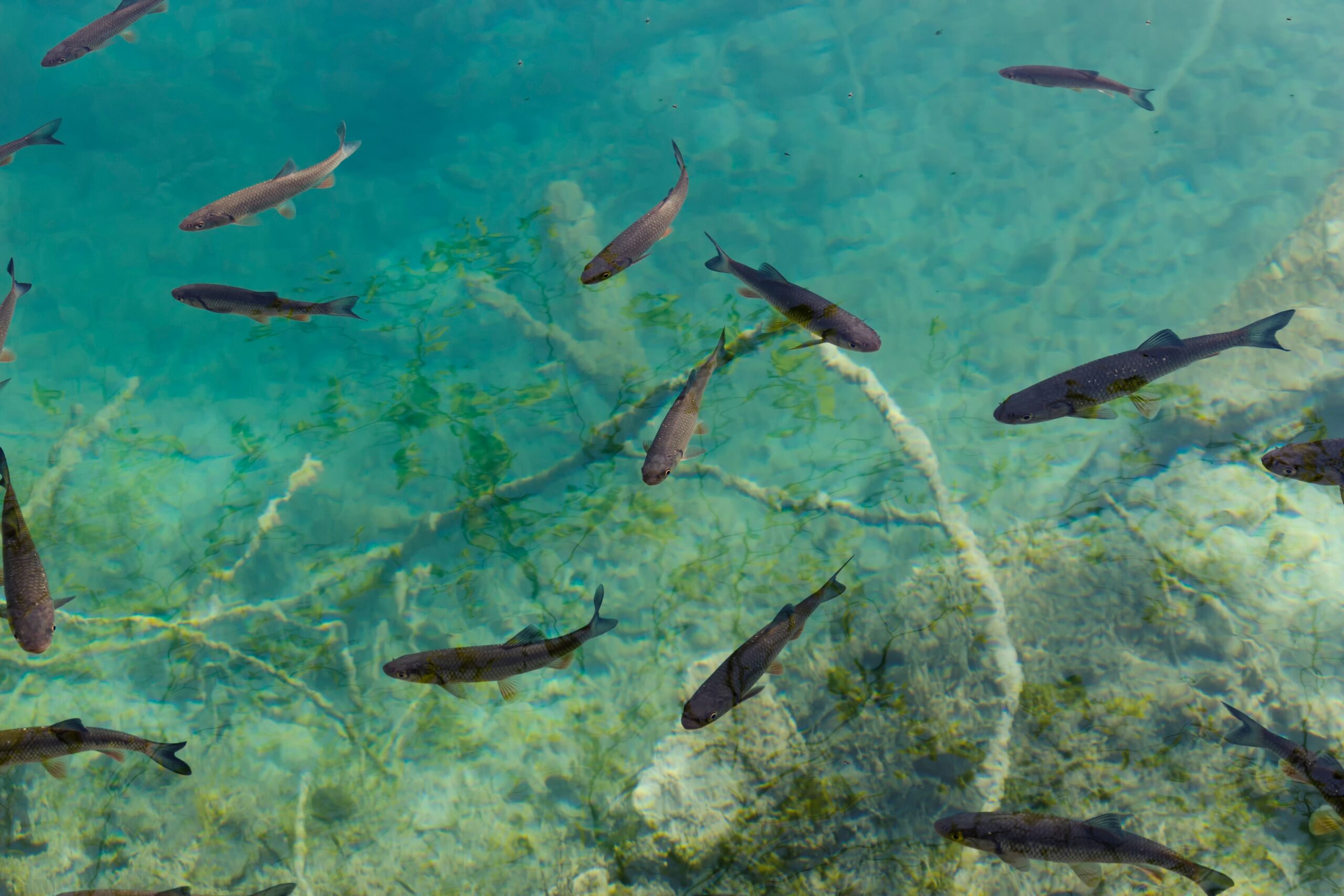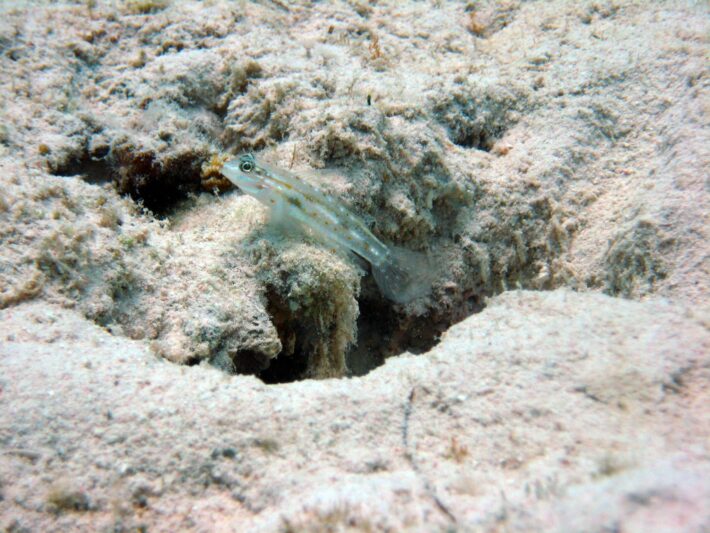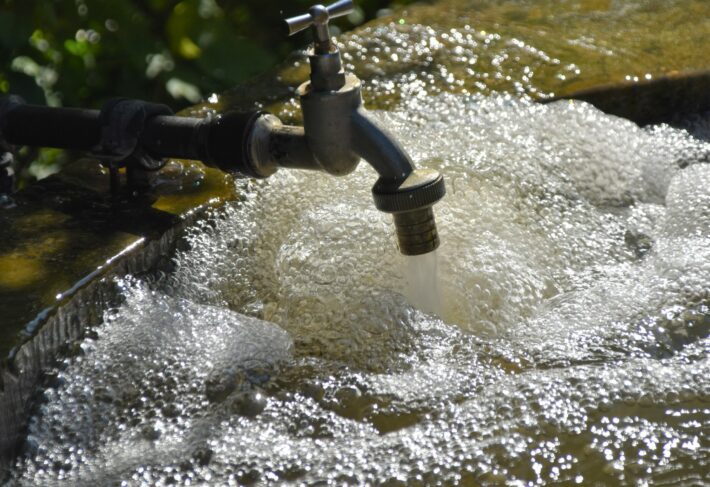Ensuring a happy and thriving betta fish requires more than just a tank and water. To provide the optimal environment for your betta, you need to equip yourself with the essential supplies. From the right tank size and filtration system to suitable decorations and nutrition, each element plays a crucial role in the well-being of your betta.
In this comprehensive checklist, we will explore the must-have supplies that will help create a comfortable, stimulating, and healthy habitat for your beloved betta fish.
How to Choose the Right Tank Size for a Betta Fish?
Choosing the right tank size for your betta fish is crucial for its well-being. Generally, a minimum tank size of 5 gallons is recommended to provide adequate space for swimming and to maintain stable water conditions. Larger tanks are even better as they offer more room for exploration.
Remember, bettas are active fish that appreciate a spacious environment. Providing a suitable tank size ensures your betta’s comfort, reduces stress, and promotes overall health.
What Are the Best Betta Fish Tank Filters for Optimal Water Quality?

To maintain optimal water quality in your betta fish tank, consider using a gentle and adjustable filter. Sponge filters are highly recommended as they provide mechanical and biological filtration without creating strong currents.
These filters offer a gentle flow that won’t stress your betta. Additionally, consider adding filter media like bio-rings or foam to enhance the biological filtration. Regular maintenance, including cleaning or replacing filter media as needed, is essential to keep the water clean and safe for your betta fish.
What Type of Substrate Should I Use in a Betta Fish Tank?
Choosing the right substrate for your betta fish tank is important for both aesthetic appeal and functionality. Fine-grained substrates like sand or gravel are commonly used, providing a natural look and allowing your betta to explore comfortably.
Avoid sharp-edged or rough substrates that may damage your betta’s delicate fins. Also, consider live plant-friendly substrates enriched with nutrients to support healthy plant growth. Remember to rinse the substrate thoroughly before adding it to the tank to remove any debris or dust particles.
How Do I Maintain Proper Water Temperature for Betta Fish?
Maintaining a stable water temperature is vital for the well-being of your betta fish. Bettas thrive in temperatures around 78-80°F (25-27°C). To achieve this, use a reliable aquarium heater that can be adjusted to the desired temperature range.
It’s essential to monitor the water temperature regularly using a thermometer and make necessary adjustments as needed. Keep the tank away from drafts or direct sunlight, as they can cause temperature fluctuations. Providing consistent and suitable water temperature promotes a healthy and happy betta.
What Are the Ideal Lighting Conditions for Betta Fish Tanks?
Proper lighting conditions are crucial for a betta fish tank. Aim for a balance between light and darkness to mimic their natural environment. LED lights are popular options as they provide adjustable brightness levels.
Ideally, provide your betta with a lighting period of 8-10 hours a day to simulate a natural day-night cycle. Avoid placing the tank in direct sunlight, as it can lead to temperature fluctuations and excessive algae growth. With appropriate lighting, your betta fish will thrive and exhibit their vibrant colors.
Which Betta Fish Tank Decorations Are Safe and Enriching?
Choosing safe and enriching decorations for your betta fish tank enhances their well-being and provides them with a stimulating environment. Opt for smooth, rounded decorations to prevent fin tearing. Live or silk plants not only add beauty but also offer hiding spots and resting places for your betta.
Natural driftwood or caves provide additional shelter. Avoid sharp or jagged decorations that may injure your betta. Regularly inspect decorations for any signs of wear or damage to ensure the safety of your fish.
What Kind of Plants Can I Add to a Betta Fish Tank?
When selecting plants for your betta fish tank, consider those that are compatible with your betta’s habitat and provide numerous benefits. Some suitable plant options include Anubias, Java Fern, Marimo Moss Ball, Amazon Sword, and Water Wisteria.
These plants not only add visual appeal to the tank but also aid in maintaining water quality, provide hiding places, and contribute to a natural ecosystem. Remember to provide appropriate lighting and consider the specific care requirements of each plant to ensure their growth and longevity.
Below is a table that shows the Best Plants for a Betta Fish Tank:
| Plant Name | Lighting Requirements | Benefits |
|---|---|---|
| Anubias | Moderate to Low | Provides shelter and resting spots for bettas, easy to maintain |
| Java Fern | Low | Helps maintain water quality, adds natural beauty to the tank |
| Marimo Moss Ball | Low | Enhances oxygen levels, absorbs nitrates, and offers a playful environment |
| Amazon Sword | Medium to High | Provides ample hiding places, aids in maintaining water stability |
| Water Wisteria | Low to Medium | Helps prevent algae growth, serves as a natural food source for bettas |
How Often Should I Feed My Betta Fish and What Do They Eat?

Feeding your betta fish the right amount and type of food is crucial for their overall health. Offer small, frequent meals 2-3 times a day, ensuring they consume the food within 2 minutes. High-quality betta-specific pellets or flakes are recommended as they contain essential nutrients.
Supplement their diet with occasional treats like freeze-dried or frozen bloodworms or brine shrimp. Avoid overfeeding, as it can lead to obesity and water quality issues. Providing a balanced and varied diet is key to keeping your betta fish healthy and happy.
What Are the Key Considerations for Choosing Betta Fish Food?
Selecting the right betta fish food is essential to meet their nutritional requirements. Look for high-quality, protein-rich foods specifically formulated for bettas. Check the ingredients list to ensure the primary ingredients are fish or shrimp.
Avoid foods with fillers or excessive amounts of artificial colorants. Consider pellets or flakes that are easy for bettas to consume and digest. Opt for brands that have a good reputation and positive reviews. Providing nutritious and well-balanced food contributes to the overall vitality of your betta.
What Are the Essential Water Parameters for Betta Fish?
Maintaining proper water parameters is crucial for the health and well-being of your betta fish. The recommended water parameters for bettas include a temperature of 78-80°F (25-27°C), pH level between 6.5 and 7.5, ammonia and nitrite levels at 0 ppm, and nitrates below 20 ppm.
Regularly test the water using reliable aquarium test kits to ensure these parameters are within the appropriate range. Performing routine water changes, providing adequate filtration, and monitoring water quality help create a safe and thriving environment for your betta fish.
How Do I Perform Regular Water Changes for Betta Fish Tanks?
Performing regular water changes is vital for maintaining a clean and healthy environment for your betta fish. Aim to replace 25-50% of the water every week to remove accumulated toxins and maintain water quality. Use a siphon or gravel vacuum to remove debris from the substrate during water changes.
Treat the new water with a suitable water conditioner to remove chlorine and chloramines before adding it to the tank. Consistent water changes help prevent ammonia buildup, reduce the risk of diseases, and promote the overall well-being of your betta fish.
What Equipment Do I Need for Testing Water Parameters?
Testing water parameters is an essential part of maintaining a healthy betta fish tank. To accurately monitor water quality, you’ll need a few key equipment items. Invest in a reliable liquid test kit that measures pH, ammonia, nitrite, and nitrate levels.
A high-quality aquarium thermometer is also necessary to monitor water temperature. Additionally, consider having a TDS (total dissolved solids) meter to assess the overall water purity. Regularly testing and monitoring these parameters allow you to promptly address any issues and ensure optimal conditions for your betta fish.
Are Betta Fish Compatible with Other Tankmates? Which Ones?
Betta fish can coexist with certain tankmates, but careful consideration is essential to ensure compatibility. Avoid keeping bettas with other aggressive or fin-nipping fish, as they may cause stress and harm to your betta.
Peaceful community fish such as neon tetras, Corydoras catfish, or snails can make suitable tankmates. However, always monitor their interactions and be prepared to separate them if any signs of aggression or incompatibility arise. It’s important to provide adequate space, hiding spots, and proper tank conditions to ensure a harmonious and stress-free environment for all tank inhabitants.
What Are the Vital Tips for Betta Fish Tank Maintenance?
Regular maintenance is essential to keep your betta fish tank clean and healthy. Perform weekly water changes, clean the filter regularly, and monitor water parameters consistently. Remove any uneaten food or debris from the tank to prevent water pollution.
Keep an eye out for any signs of disease or stress in your betta and address them promptly. Regularly inspect and maintain equipment such as heaters and filters to ensure they are functioning properly. By following these maintenance tips, you can provide a thriving and optimal environment for your betta fish.
How Do I Recognize and Treat Common Betta Fish Diseases?
Being able to recognize and treat common betta fish diseases is crucial for their well-being. Watch for signs of illness such as loss of appetite, lethargy, fin rot, or unusual behavior. Quarantine any sick bettas to prevent the spread of diseases.
Treatments may include using appropriate medications, adjusting water parameters, or providing a suitable quarantine tank. Consulting with a knowledgeable veterinarian or experienced aquarist is recommended for accurate diagnosis and treatment plans. Maintaining clean water, a balanced diet and a stress-free environment can help prevent many common betta fish diseases.
Can I Use Tap Water in a Betta Fish Tank? How to Make It Safe?

Tap water can be used in a betta fish tank, but it must be treated to make it safe for your fish. Tap water often contains chlorine, chloramines, and heavy metals, which can be harmful to bettas. Use a water conditioner specifically designed for aquarium use to neutralize these chemicals.
Follow the instructions on the conditioner bottle for the appropriate dosage. It’s crucial to treat tap water before adding it to the tank or during water changes to provide a safe and suitable environment for your betta fish.
In conclusion
Ensure a blissful life for your Betta fish with these vital supplies. A well-maintained tank is key to their happiness. Start with an appropriate aquarium – at least 5 gallons is ideal. Invest in a good quality filter to keep the water clean and aerated. Regular water changes are crucial to maintaining water quality.
A heater is essential to maintain a stable temperature (around 78-80°F). Add hiding spots and plants to mimic their natural environment. High-quality Betta fish food rich in protein is a must. A gravel vacuum helps with tank cleaning. Keep a water conditioner to neutralize harmful substances. Test kits are handy for water parameter monitoring. Remember, a happy Betta is a healthy Betta!